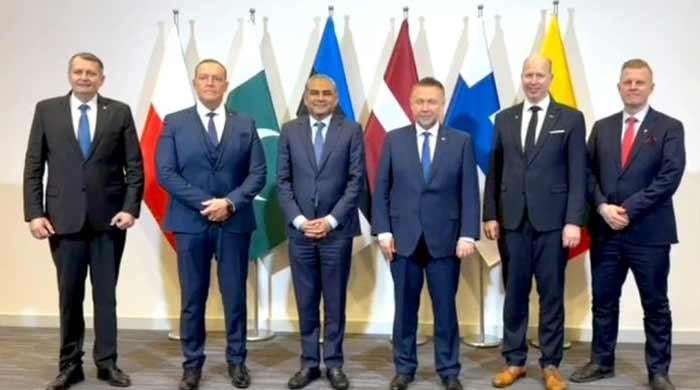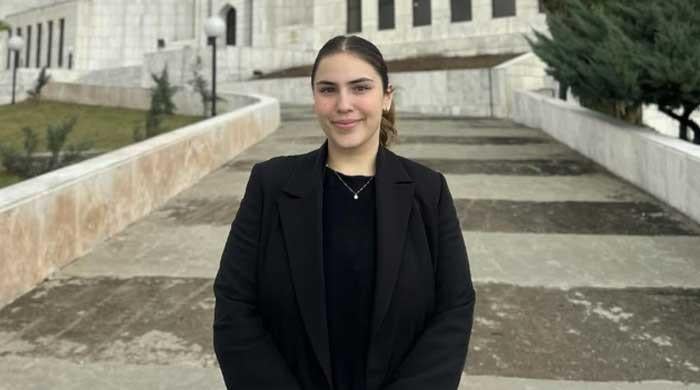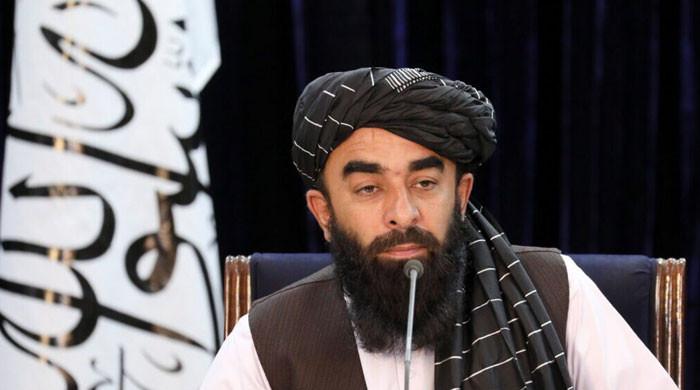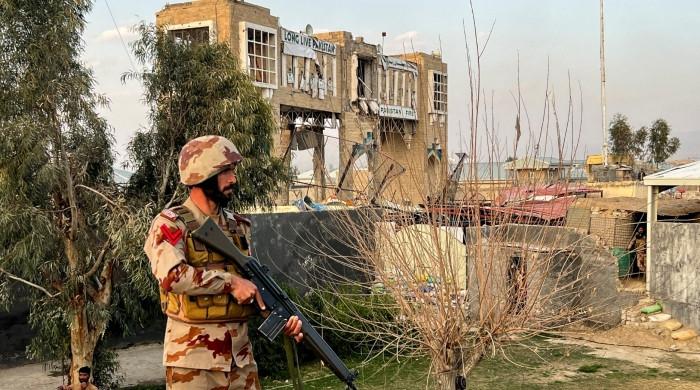IHC declares Cabinet Committee on Privatisation illegal
Islamabad High Court also declares illegal inclusion of Prime Minister Imran Khan's advisors in cabinet committee
December 08, 2020
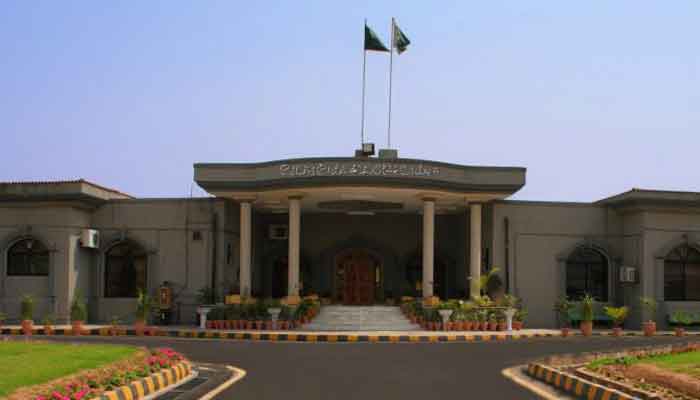
ISLAMABAD: The Islamabad High Court (IHC) on Monday set aside the notification regarding the formation of the Cabinet Committee on Privatisation (CCoP) and barred Advisor to PM on Finance Dr Abdul Hafeez Shaikh from heading the cabinet committee.
A division bench comprising Justice Aamir Farooq and Justice Ghulam Azam Qambrani issued the short order in a petition file by PML-N lawmaker Barrister Mohsin Shahnawaz Ranjha challenging the inclusion of Shaikh, Advisor to PM on Institutional Reforms Dr Ishrat Hussain and Advisor to PM on Commerce Abdul Razzak Dawood in the CCoP.
Ranjha contended that unelected advisors and special assistants could not govern the country. The petition argued that unlike ministers, advisors are not part of the federal government and are not responsible to Parliament in terms of Article 91(6) of the Constitution. It said advisors are not subject to qualification and disqualification provided under Article 62 and 63 of the Constitution, and before their appointment, they are not bound to submit a wealth statement or subject to any kind of scrutiny.
After hearing arguments from both sides, the bench declared the formation of CCoP and the appointment of Prime Minister Imran Khan's advisors in the committee as illegal.
Read more: IHC declares appointment of PTV chairman, independent directors illegal
Earlier in the day, the high court dismissed a plea challenging the appointment of advisors and special assistants, observing that there was no restriction regarding the number of special assistants a premier can appoint.
The order read, “It is pursuant to the said powers that the Federal Government has made the Rules of 1973 and has described the ‘Organizations of Divisions’ in rule 4 ibid. Sub-rule 6 of rule 4 enables the prime minister to appoint a special assistant or special assistants and to determine their status and functions.”




